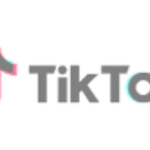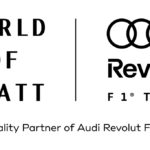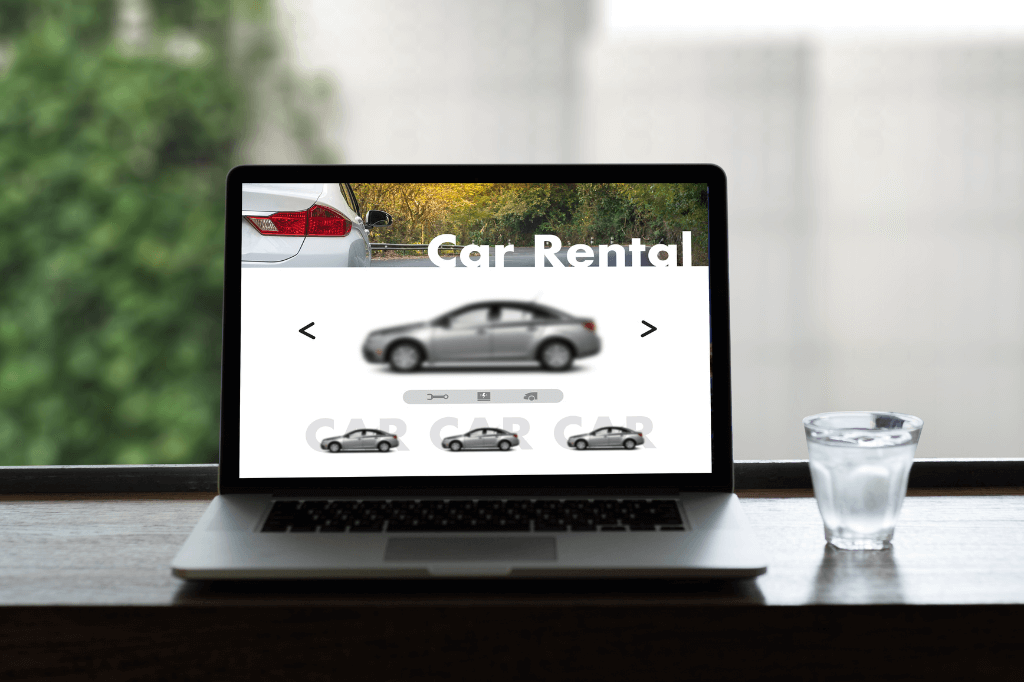Zoomcar, an Indian self-drive car rental platform, has had a tumultuous journey since its launch in 2013. Despite being a unique proposition in the Indian market, with a focus on renting cars at a fraction of the cost of owning one, the company has struggled to create an impact and achieve success. Its pivots and experiments with different business models have failed to yield the desired results, along with customer dissatisfaction and product-market compatibility issues.
One of Zoomcar’s early backers, who wished to remain anonymous, said that the company was ahead of its time when it launched in India. It initially bought a small fleet of cars and leased them out through its platform. However, the asset-leveraged model was capital-intensive and unsustainable. After its conception, Zoomcar rolled out Zoomvest to convince wealthy people to invest in a little army of cars that they could lease out. Unfortunately, the profit margins ended up not being as large as previously anticipated.
Zoomcar recently introduced ZAP Purchase which encourages people who have recently bought a car to list it on the platform and use the rental income to pay off the loan installments. This way they can benefit from their purchase in more than one way. The concept of renting out cars for short periods ultimately failed due to lack of interest. Those who did participate faced a number of issues such as their cars being returned in a damaged state and with some parts replaced by poor-quality ones.
In 2017, Zoomcar introduced PEDL, a dockless bicycle-sharing platform. Unfortunately, it was discontinued the following year. This was simply because the demand for this service surpassed expectations and they wanted to improve the cycles for better customer satisfaction. However, the service never resurfaced. Zoomcar also experimented with rental self-drive scooters and bikes and another model called ZAP Subscribe. Amidst the COVID-19 pandemic, this company launched a SaaS platform for fleet management and a platform to aid third-party car rental businesses with their operations.
Also Read: How To Promote Travel Business Online
Last year, Zoomcar launched a marketplace which enabled car owners to rent out their vehicles. The ratings & reviews feature of this model helps guarantee that borrowers get a reliable experience when renting out the cars. Zoomcar’s market presence has enabled it to create a solid supply network and facilitate expansion globally. It has already started to expand its operations in countries such as Egypt, Indonesia & Vietnam, and plans to do the same in many other parts of the world.
Despite numerous attempts, Zoomcar is yet to turn a net profit. Their losses have been increasing steadily with the current financial year of 2021-2022 reporting a staggering loss of Rs 73.56 crore on revenue of Rs 230.23 crore. Zoomcar has witnessed a major setback in the fiscal year 2020-2021 due to the pandemic. Furthermore, customer complaints about their inadequate customer service have impeded their growth. Poor reviews from customers have created roadblocks for them to reach even greater heights.
Also Read: Rent Rabbit Is Changing The Australian Rental Market
Zoomcar is now preparing for a listing on NASDAQ, taking the SPAC route, and merging with Innovative International Acquisition in a deal worth $456 million. The company decided that listing their shares in the US would be much more beneficial because the American market is far more dependable, expansive and constantly changing than the Indian market. Going public in the US will help Zoomcar expand internationally and increase its growth trajectory. Additionally, it will allow them to strengthen their transition from a rental company to a marketplace platform, thereby enabling owners to list their cars for renters who wish to lease them. To date, the company has been able to raise a total of $264 million from investors such as Sequoia Capital, Mahindra & Mahindra, and SternAegis. Recently, they made an emphasis on car listings with over 20K vehicles in India, Southeast Asia and Egypt combined.
















